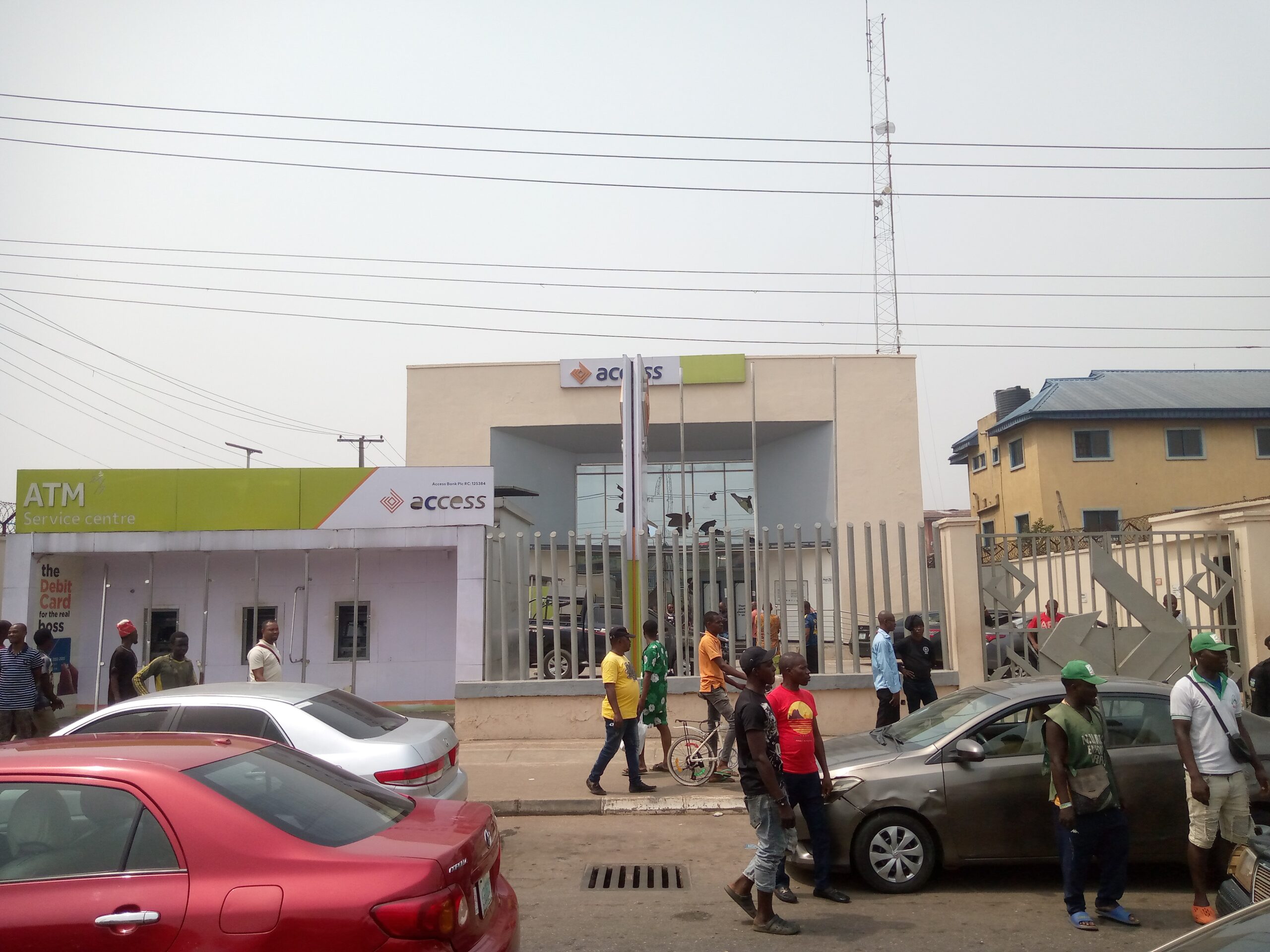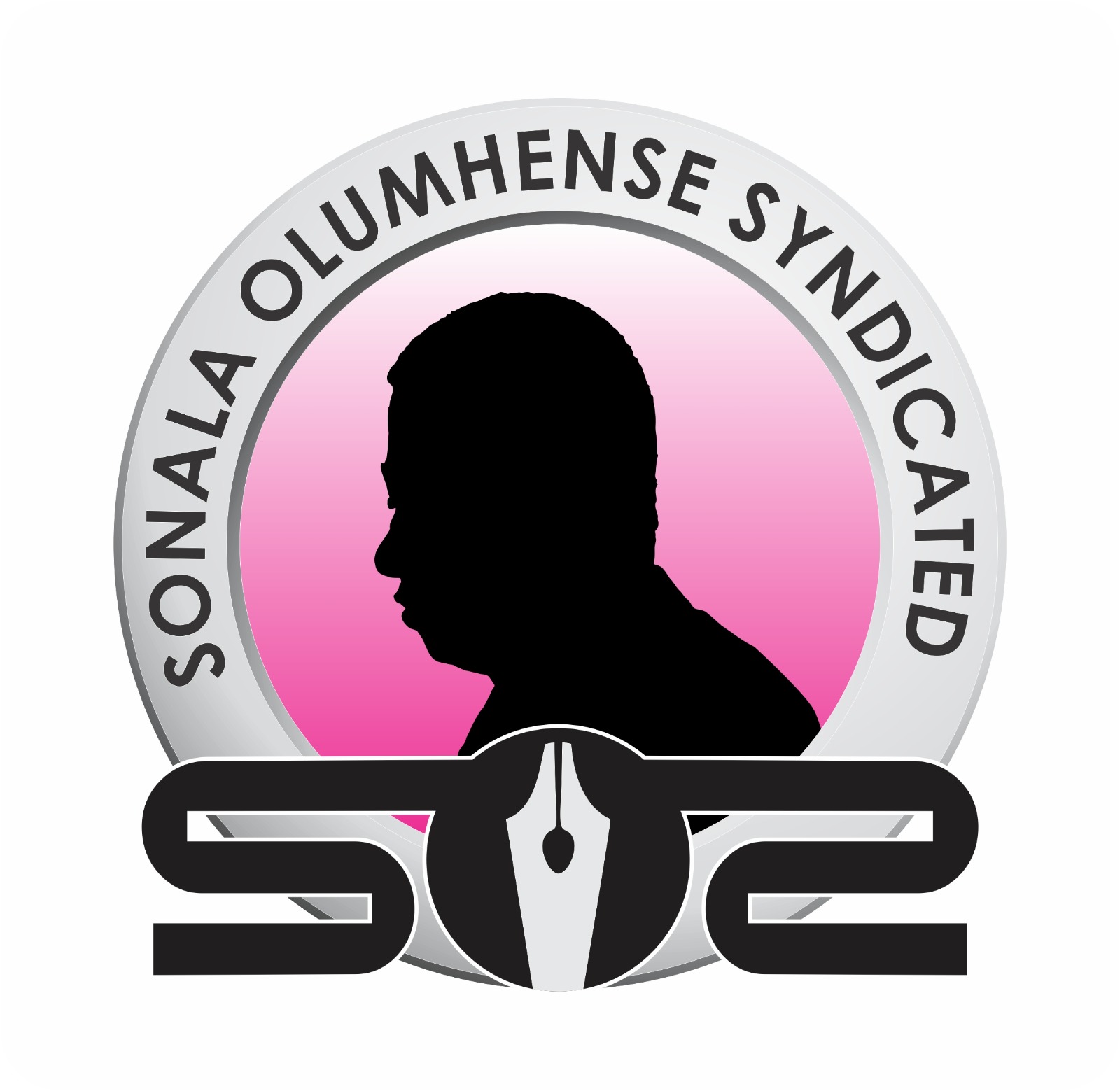It seems safe this to say: Nobody dies who has it in his hands to save himself.
Think about it: there is grave danger all around, but it is in your control whether you live or die. Whether your family survives or perishes. Whether this very moment is the end not simply of life as you know it, but of life itself.
Of course, you would guarantee tomorrow and all its glories and joys because your automatic choice would be to save.
That is the time it is in Nigeria this week, because it is time for the nation to vote for hope. For meaning. For a future. For life.
It is time for Nigerians to say, “tufiakwa,” which, loosely translated, means: “Get behind me Satan!” or “Never Again!”
Time for Nigerians to jettison a generation-long burden which began with the PDP in 1999 and continued with the APC in 2015, two parties that are philosophically, organically, and politically mirror images.
Time to reject the incompetent, selfish and vision-impaired politics of insufferable hypocrites who pretend to be patriots in front of a microphone but who morph into greedy brigands and kleptocrats once the doors are closed.
Time to affirm that we are not what the self-serving conmen and bullies have made us to look like.
It is time to shoo them out by voting them down and shutting them out.
Mercifully, Nigeria’s elections, which begin on Saturday with the presidential and National Assembly ballots, have become increasingly straightforward. Remember: from a structure standpoint, that biggest party, on paper, has since campaigns began months ago bragged that only they have the “structure” to win.
I speak of “the party,” of course, because PDP and APC have proved to be different sides of the same coin: as Nigerians bleed and writhe in pain over the current currency mess inflicted by the government, the party itself in the past couple of weeks has slowly unraveled, with at least two APC states rebelling against Buhari’s government.
Apparently trying to ensure that nothing prevented him from getting on the presidential jet in some direction out of the country, President Muhammadu Buhari had told Nigerians in a broadcast in the morning that he embarked on the currency adventure as part of a new monetary policy, and that it had already “contributed immensely to the minimization of the influence of money in politics…and represents a bold legacy step by this administration, towards laying a strong foundation for free and fair elections.”
Absolutely not, Kano State Governor Abdullahi Ganduje rebutted hours later, affirming that in his eight years in office, Buhari has achieved nothing and accusing him of working to ruin their APC after the party brought him to power in 2015 despite his serial failures.
“In the first term, nothing of great importance can point out as his achievement, same as in his second term,” the governor said. “So, why is he bringing out all these policies now? Why not seven years ago? He just wants to collapse the party that produced him”
Earlier, on Wednesday, Ganduje—who is one of a handful of Governors who are challenging the legality of the new naira policy at the Supreme Court—had argued that it was aimed at truncating Nigeria’s democracy.
But Ganduje, Nigerians remember, is the governor who in 2018 was exposed by a local newspaper on video for stuffing into his agbada bundles of dollar bills corruptly obtained from a contractor. Although Buhari screams his aversion to corruption from every tree-top, he curiously suggested that the videos, not the governor, may have been corrupt, thus providing an escape valve for the governor. “Does Ganduje have to take the money himself, smiling?” the president asked.
Following Ganduje’s blistering attack on Buhari’s naira policy on Thursday morning, Governor Nasir El-Rufai, his Kaduna State counterpart and fierce supporter of APC presidential candidate Bola Tinubu, addressed his people hours later, contradicting Buhari’s decisions and saying that in Kaduna, all the old currencies will continue to be valid.
El-Rufai, of course, is an election warrior who comes alive if his candidate is in any way threatened. Just four years ago, he made the international headlines when he threatened that international poll observers could return home in body bags. In the past two weeks, he has stridently criticized Buhari’s government and officials—carefully skirting the president himself—over what he says is their rejection of Mr. Tinubu’s presidential bid.
The naira chaos emptied into the weekend as the Central Bank, the key player, combatted rumours and misinformation about the new policy. In some cities, riots broke out or roads were blocked and some commuters attacked. The national Association of Senior Staff of Banks, Insurance, and Financial Institutions, citing attacks on its members, directed workers to stay away from work until normalcy was restored. One governor ordered the arrest of his predecessor.
This turmoil, within the ruling APC and the government, parallels the month’s long chaos within the PDP that has left it divided and weak nationwide. As both parties entered this week, it was clear that they would arrive at the polls anywhere from hobbled to crippled, which is what they deserve.
These crises enable the electorate to see the parties and the government for what they are rather than what they claim to be. They make clear why and how they have only moved Nigeria backwards in the past 24 years.
Observe that the moment Buhari completed his speech on Thursday, with the country clearly perched on the verge of anarchy, he slipped out of the country. What responsible leader, his country in the throes of exploding, heads out to read speeches instead of staying home to comfort his people and provide calm. The African Union does not insist that leaders write their own speeches, let alone readd them.
It returns Nigeria to its worst poverty: that of leadership, a problem best illustrated by Buhari, and in Ganduje’s dismissal of his eight years in charge.
Launching “Change Begins With Me” five years ago, Buhari preached a certain sense of responsibility. “Rather than sit back and complain endlessly, we have decided to act pragmatically, with the launch of this National Re-orientation Campaign,” he said. “The campaign will not be a sprint but a marathon that will run the course of our tenure.”
Tenure? Hardly since that event has Buhari mentioned “Change Begins With Me” or uttered the words, “National Re-Orientation Campaign.” Maybe because he was found to have plagiarized Barack Obama. Maybe because he was never invested in the honesty and integrity endeavor.
The point is that that that false industry has come full circle before the entire world. Nigerians must take advantage of this and vote wisely, identify the candidates that best suit their hopes and expectations. You cannot invest in turmoil and expect peace.
And so, Nigerians, the evidence of the crime is not only before your very eyes, but the cure is also in your hands.
Save yourself. If you choose, have a peaceful guffaw doing it.
- This column welcomes rebuttals from interested government officials.


 Join Daily Trust WhatsApp Community For Quick Access To News and Happenings Around You.
Join Daily Trust WhatsApp Community For Quick Access To News and Happenings Around You.

